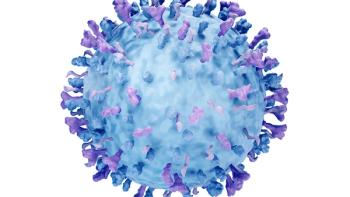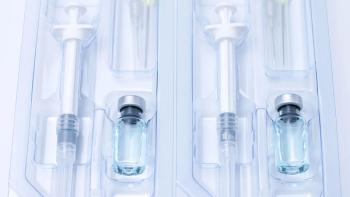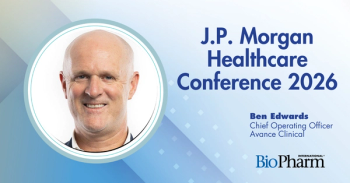
- BioPharm International-10-01-2013
- Volume 26
- Issue 10
Changing the Dynamic of CROs
Through its educational and networking opportunities, the American Association of Pharmaceutical Scientists plays an important role in partnering throughout the drug- development and commercialization process.
Partnering is a crucial component of the development and commercialization of any new drug product or medical device. Partnering takes many forms, from the formation of internal teams to the development of external relationships needed to move drug discovery, development, or commercialization forward.
Models for internal partnering have evolved and improved over time as the groups that bring a drug from discovery to market become better integrated and effective teams. Achieving this integration requires that the members of each group become effective and efficient at their job and become familiar with the needs of the groups (internal or external) with which they interact. Good intra-group execution combined with managing inter-group interactions results in effective hand-offs and efficient processes.
External partnering has evolved in scope over the past several years, expanding from targeted, tactical outsourcing or insourcing designed to provide specific missing capacity or expertise, to a model that is much more strategic. For small companies, the need for strategic partnering is clear, because resources are not available for them to execute the broad range of studies, manufacturing, testing, distribution and marketing necessary to bring drugs to market on their own. External strategic partnering is important to large companies as well, as they focus their in-house efforts on core capabilities and work with external resources to provide much of the rest.
This increase in external focus has led to a changing dynamic and an increase in the number of consultants and contract research organizations (CROs). The roles of CROs have in many cases expanded from providing services for one part of the drug-development effort to, in the extreme, becoming full-service providers. Demonstration of the continuity of systems and processes and adherence to cGMPs is typically straightforward for internal efforts but can be difficult when dealing with external partners. For post-market contract manufacturing arrangements for drugs, FDA has issued a guidance outlining the reasoning for, and the components of, quality agreements for these arrangements. While this guidance applies to marketed products, the logic behind it applies to any external arrangement. Ultimately, the owner of the drug is responsible for assuring and demonstrating at any stage of development that the drug meets its quality standards and is manufactured and tested to the applicable cGMP standards. Written agreements serve to assure that responsibilities are clear, no crucial component falls through the cracks, and that procedures for dispute resolution are in place.
Through its educational and networking opportunities, the American Association of Pharmaceutical Scientists (AAPS) plays an important role in partnering throughout the drug-development and commercialization process. Webinars, workshops, short courses, sessions at the annual meeting and exposition, discussion- and focus-group interactions provide venues for scientists to develop and hone their individual skills and to interact with individuals that are facing similar work-related challenges. Networking at the annual meeting, regional meetings, and cross-group interactions with regulatory scientists, CRO members, and members representing their individual technologies, provide venues to better understand the needs of other groups and develop a broader understanding of the context in which one works.
AAPS is committed to furthering its educational and networking offerings and to working with its members to be a key resource in making partnering at all levels more effective.
About the Author
Anthony DeStefano, PhD, is 2013 president of the American Association of Pharmaceutical Scientists (AAPS).
Articles in this issue
over 12 years ago
Navigating Emerging Markets: Middle East and North Africaover 12 years ago
The Expense of Vision in Outsourcingover 12 years ago
Increasing Capacity Utilization in Protein A Chromatographyover 12 years ago
FDA Seeks Metrics to Define Drug Qualityover 12 years ago
Angiopoietins: Novel Targets for Anti-angiogenesis Therapyover 12 years ago
Report from Myanmarover 12 years ago
Operational Excellence: More Than Just Process Improvementover 12 years ago
Robust IPO Market for Life Sciences Sparks Change Among Investorsover 12 years ago
Performing a Protein Purity Analysis Comparability StudyNewsletter
Stay at the forefront of biopharmaceutical innovation—subscribe to BioPharm International for expert insights on drug development, manufacturing, compliance, and more.




